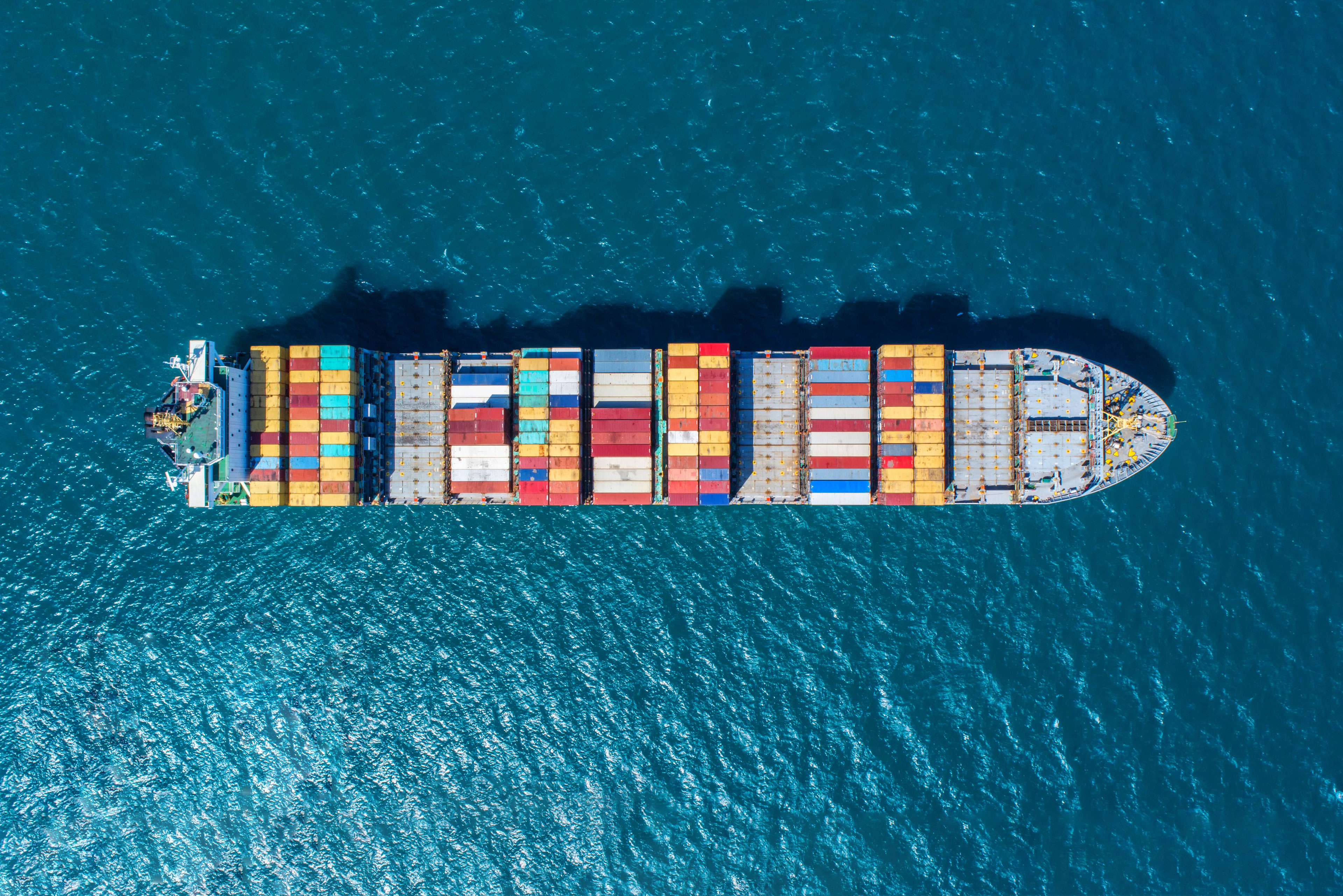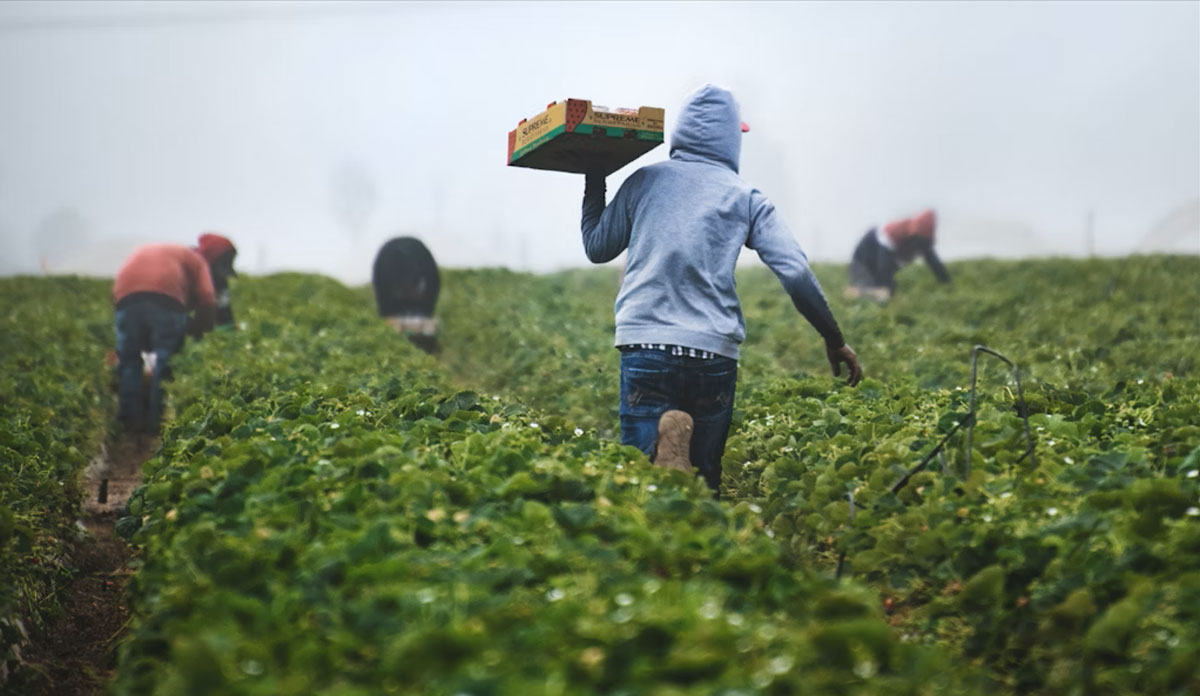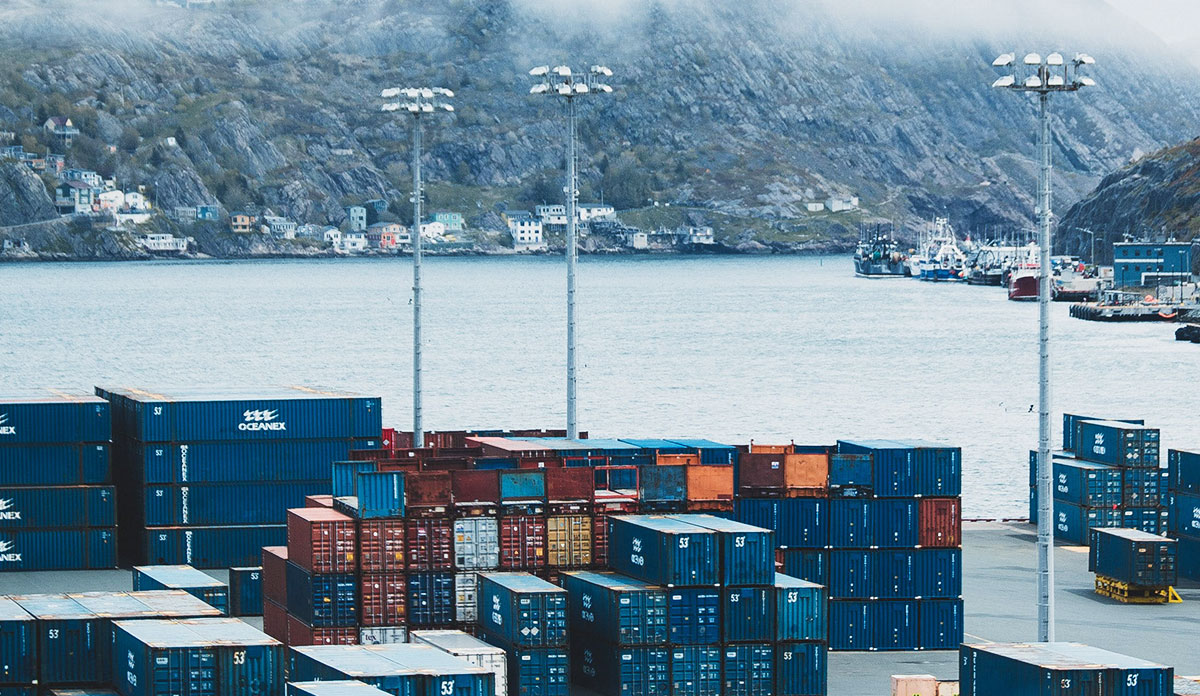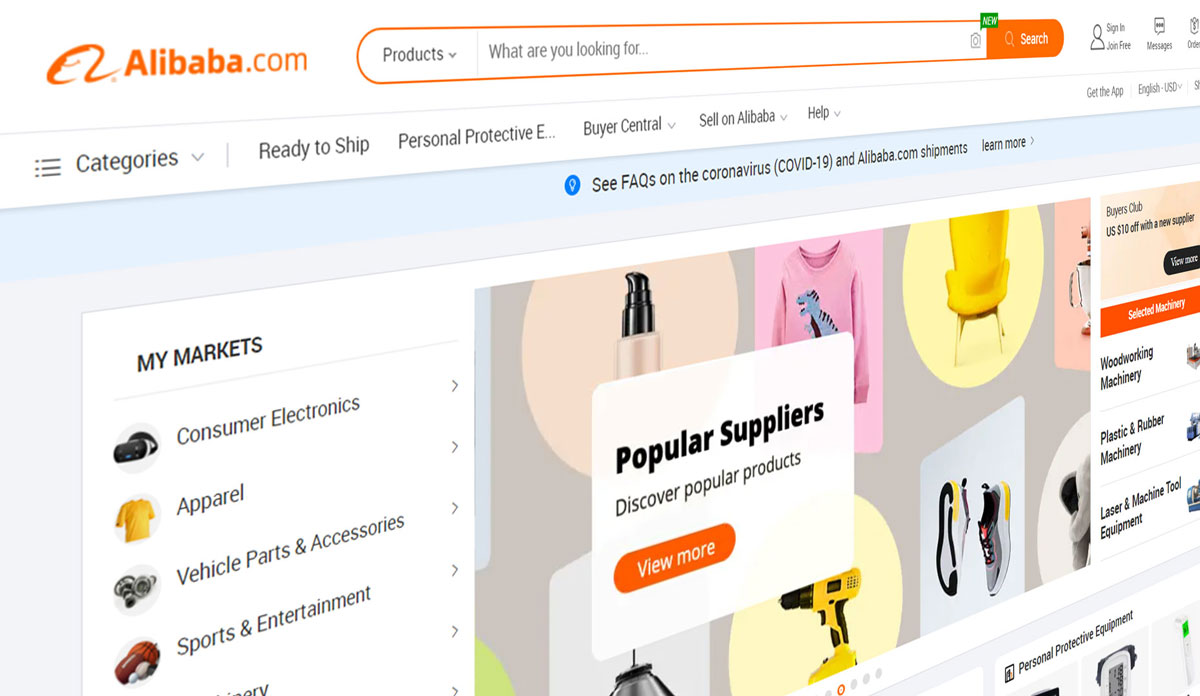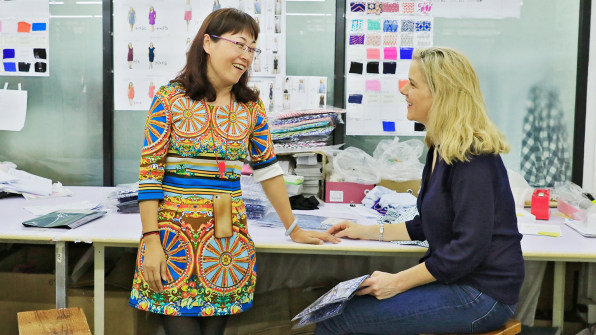
This is Epic Sourcing New Zealand
Les Lunes, a fashion label headquartered in Paris and San Francisco, makes its clothes in a factory in the Qingpu district, on the outskirts of Shanghai. If you happen to drop in on any given weekday, you might find the seamstresses’ children playing in a little nursery set up for them. At lunchtime, workers gather in a sunlit room to eat and chat. Many are close friends, having worked in this factory together for decades. They visit each others’ families during Chinese New Year. When someone is out sick, coworkers stop by that person’s home with hot food. It’s a world away from the typical image–and reality–of factory life in China.
“Unlike other parts in China, where workers migrate from other cities to work in factories, all 50 of our employees come from the village where our factory is located,” says Anna Lecat, Les Lunes’s founder and CEO. Lecat says she checked retention rates and spoke with employees before working with this particular facility. “I know the workers’ spouses and children. This is a community where people are looking out for one another,” she says.
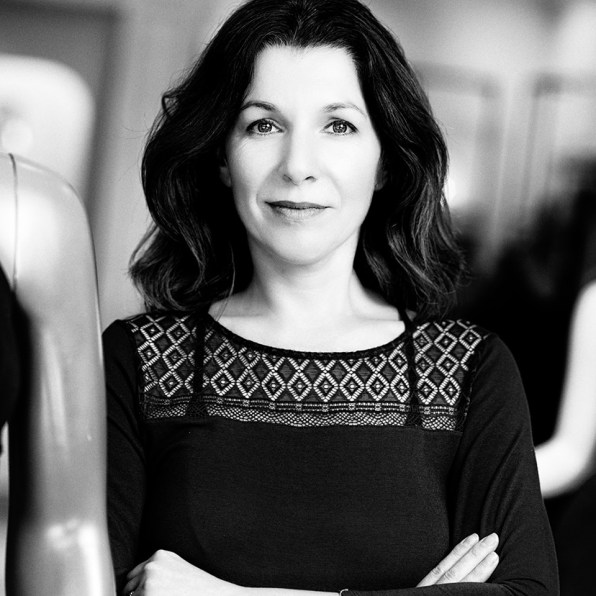
Every few months, a new scandal about the bleak working conditions in the Chinese manufacturing industry makes headlines. Foxconn, the Taiwanese company with industrial parks across China, Asia, and Europe that manufactures products for companies like Apple, Hewlett-Packard, and Dell, has become shorthand for the long and grueling hours of modern Chinese factory work, in part because of a spate of suicides at its Shenzhen factories. Just last month, the Washington Post revealed that the factory making Ivanka Trump’s clothing line compels employees to work 57 hours weekly, for just $62 a week, near or below China’s minimum wage.
But Lecat is adamant about showing that this isn’t the only reality inside Chinese factories. After more than two decades inside manufacturing facilities all over the country, Lecat is keen to change the perception that “Made in China” inevitably translates to poorly treated workers and poor-quality products. And she’s not alone. A spate of Western fashion startups that focus on ethical manufacturing–including Grana, Ellie Kai, Everlane, and Caraa–are now shedding light on a new generation of Chinese factories that pay workers fairly, offer pleasant working conditions and reasonable hours, and produce beautifully crafted clothes, shoes, and accessories.
American consumers are increasingly conscious about where their clothing is made and how workers were treated in the process. According to Marshal Cohen, a retail analyst at the NPD Group, shoppers will pay a 10 to 15 percent premium for clothes that were made ethically. Over the last few years, a number of fashion startups have chosen to make their products in the U.S. to offer customers more transparency. It’s a move that dovetails with a larger effort to keep manufacturing back home, amid populist sentiment–exemplified in Brexit and the U.S. election–driven in part by a growing frustration over the loss of manufacturing jobs to overseas workers. Still, as market economics (think of the prices that consumers are willing to pay for their clothes) keep most manufacturing overseas, some companies are making the case that Chinese factories aren’t so bad, and that “made in China” shouldn’t imply “low-quality” or “sweatshop.”
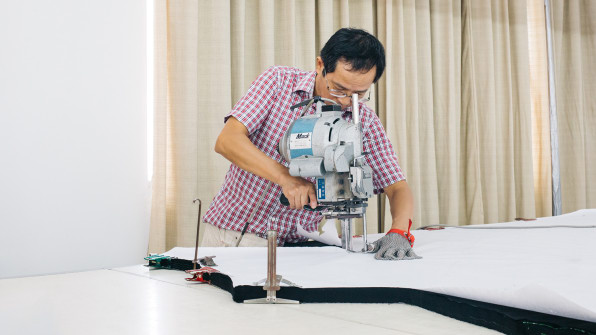
Understanding the manufacturing system, and helping to nudge it forward, is far easier when you’re immersed and speak the language, says Lecat. Though originally from the Ukraine, she’s made China her adopted home. She first started learning Mandarin in university in the late ’90s and for the last 32 years, her life has involved traveling between Shanghai, Hong Kong, and the U.S. “If you were to talk to me over the phone, you wouldn’t be able to tell I wasn’t Chinese,” she says. “Learning Mandarin was my ticket out of the Ukraine.”
It was also her ticket into the growing world of China’s smaller, more expert factories. In 2000, Lecat founded a company called Streamline Alliance that connects U.S. brands with artisanal factories in China. Five years ago, she launched a new venture: Les Lunes, a fashion brand that creates elegant outfits out of bamboo fabric, often embellished with lace. “Bamboo comes from China, so I didn’t see the point of moving production somewhere else if we have highly trained seamstresses making product there,” Lecat says.
Article source: https://www.fastcompany.com/90453180/in-arizona-a-case-study-in-how-architecture-can-adapt-to-climate-change
About Epicsourcing
Your dedicated sourcing manager that you can hire whenever you need to
Contact
Website: www.epicsourcing.co.nz
Email: tk@epicsourcing.co,nz
Phone: +64 21 776 117
Related Articles
Let’s Make It Epic
We're here to make sourcing simple – and a whole lot less stressful.

.svg)
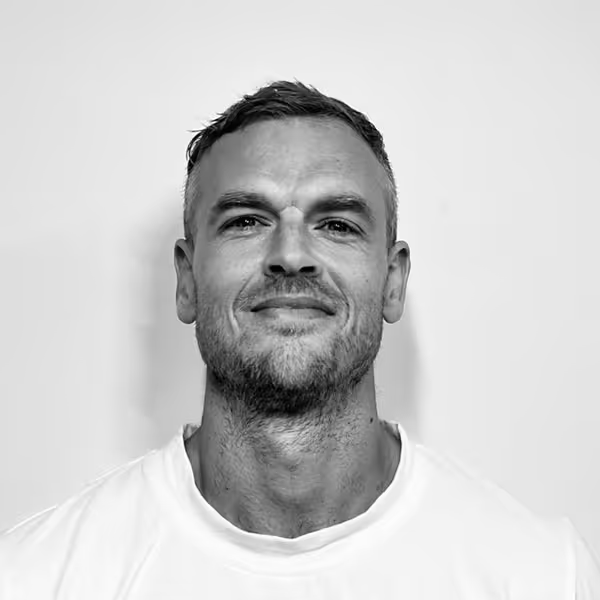
.svg)
